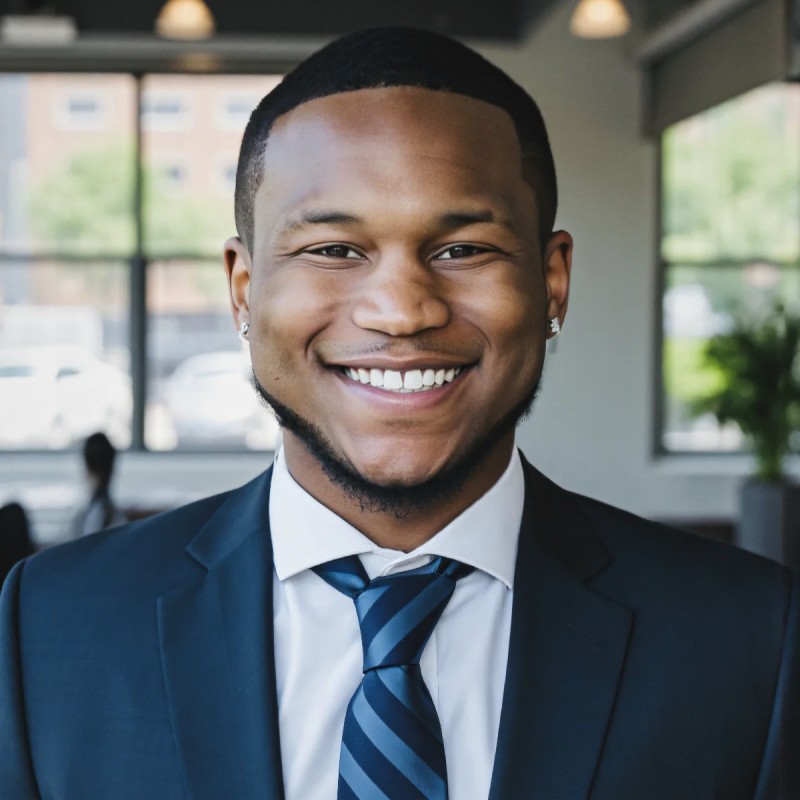Do you have integrity? Of course you do. Everyone has integrity. Have you ever met anyone who doesn’t believe he or she “has integrity”?
So, here’s the question: if everyone possesses integrity, why do we see all around us evidence of integrity breaches – in business, sports, academia, even in the clergy and certainly in our world of government?
This is hardly a purely academic question to professional risk managers. Your life depends on making tough decisions affecting the lives of many. So, even if you are sure that you “have integrity”, wouldn’t it be worthwhile to question whether there might be ways to “practice” integrity better?
You might wonder what it means to practice integrity. Most people don’t view integrity as a practice, the way someone practices law or medicine. In fact, most people believe that integrity is something you have or you don’t; it can’t be learned. If that were the case, the outlook would be pretty dismal for the state of our institutions and our nation because there would be no way to teach people how to make decisions with integrity.
The belief that integrity can’t be taught is just one of many common beliefs about integrity that simply aren’t accurate. Here are some others:
- Integrity is the bold assertion of conviction
- Integrity is built on a strong belief system
- The right thing is obvious and something you just do
- Integrity is a matter of instinct and will, not practice and habit
- Breaches of integrity are usually the product of corrupt intent
- Integrity is synonymous with ethics
Integrity is not a state of being, or a permanent achievement of character. Decision making is not based on innate and unerring judgment, but developed as a “practice” by working on it over and over again until habit displaces instinct. That’s integrity.
One of the reasons why everyone believes they “have it” but others lack it, is because they trust their instincts. Instinct is just another word for self-interest and self-interest is often invisible. For instance, 98 percent of people polled believe they are above average judges of character. Corporate presidents believe they are the source of all positive developments yet blame all bad ones on the economy. Political parties really believe they are the exclusive guardians of virtue.
As individuals we believe we “have integrity” even though we tell white lies, fail to get back to people timely, accepts dinners on our friends’ company expense accounts, breach copyright protections, gossip, shade the truth on taxes, own stock in corporations committing illegal acts and buy hot goods on big city street corners, to name just a few.
Our task as committed risk managers is to start looking at integrity as a body of skills, the same way we manage our finances with a budget and navigate using a GPS, so we can maximize the effectiveness of our decision making and reduce risk to the public.
------
In an upcoming series sponsored by PRIMA, Stuart Brody, a teacher and consultant who speaks nationwide on this subject of integrity and decision-making, will challenge common assumptions that impair our effectiveness as risk managers.

By: Stuart Brody
Founder, Integrityintensive
Summary of Qualifications
Lawyer, former political leader, college professor and leaders of webinars, keynote speaker, and multi-day training in integrity, decision-making and leadership.
Responsibilities
To share with participants the tools to practice integrity as a learned skill, rather than a matter of instinct or innate knowledge.
Business Experience
Government relations consultant and attorney to business corporations;
Expert on transportation matters, labor policy and alternative dispute resolution;
Former labor/employment attorney in private and public sectors in all aspects of labor law and employment discrimination, trial and appellate litigation, including cases before the Supreme Court of the United States;
Lectured and published extensively on labor and employment issues and alternative dispute resolution;
Professional arbitrator.
Professional Affiliations
Visiting Scholar, SUNY Plattsburgh, Cener for teh Study of Public Ethics
Ethics Counsel, State of New York, Dept. of Environmental Conservation
Member, New York State High Speed Rail Planning Board
Member, Board of Directors, University of Chicago Alumni Association of Arizona
Adjunct Professor, Business School of SUNY New Paltz, 2010
Senior Counsel, New York State Senate, 2009-2010 (Transportation and high speed rail)
Chairman, Democratic Rural Conference, 2002-2008
Member, Board of Directors United Way of New York State, 2005-2007
Advisor to Chairman of the Metropolitan Transit Authority on transit labor matters, 2007-2009
Member, Employment Roundtable: Public Affairs Policy Group, NYC, 2000-2004
Member, Board of Directors, Regional Transportation Authority of Northeastern Illinois, 1983-4
Education
State University of New York at Buffalo, J.D., 1974
University of Chicago, B.A., Political Science, 1970



